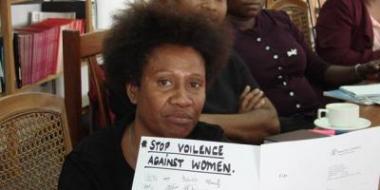Continuing professional development support in Afghanistan
The revised Afghan Penal Code entered into force in February 2018. This called for an urgent need to build the capacity of justice professionals to handle cases in compliance with the revised Code. In response, the Supreme Court, Attorney General’s Office and Ministry of Justice turned to their nascent professional training departments. However, the maturity, capacity and resources of the departments vary, and extra support is required to enable them to deliver the task effectively.











